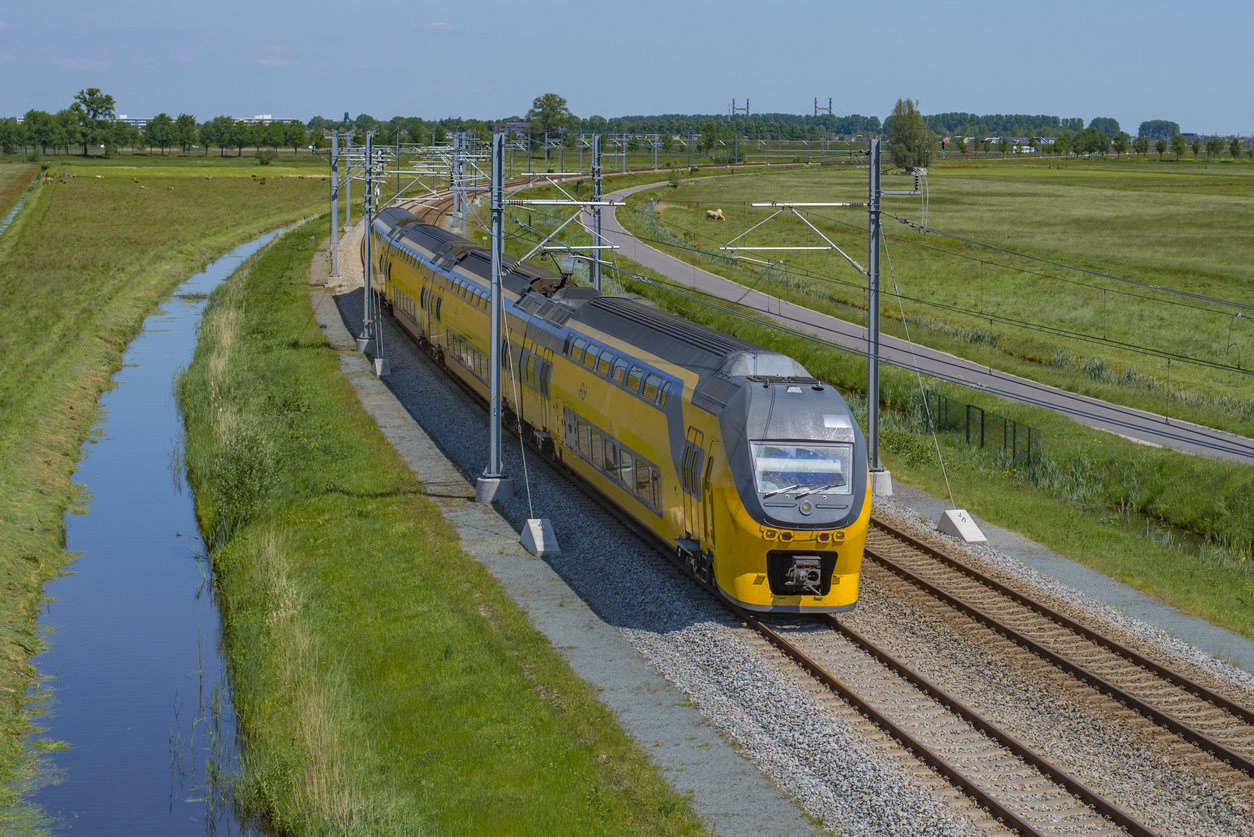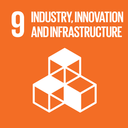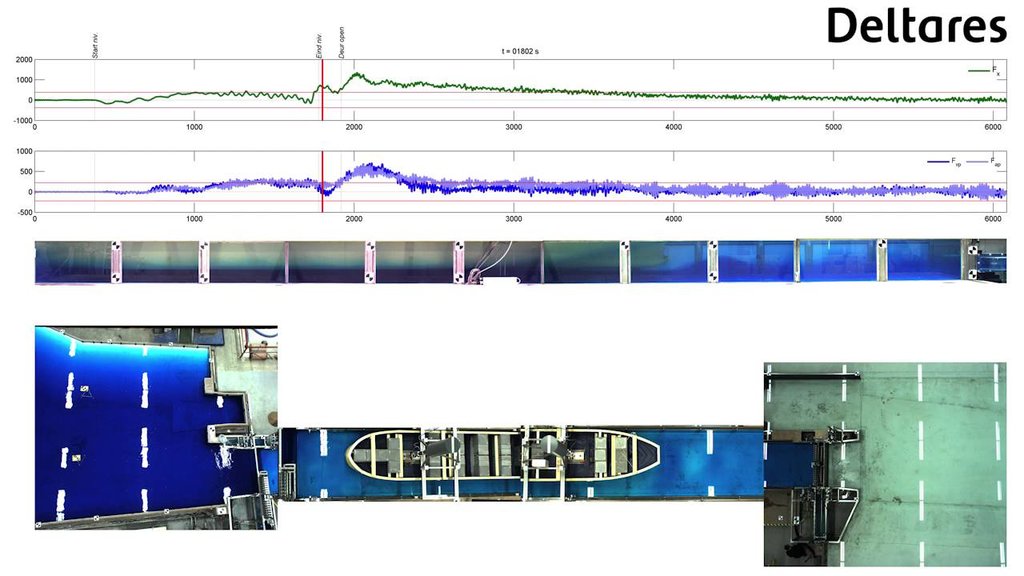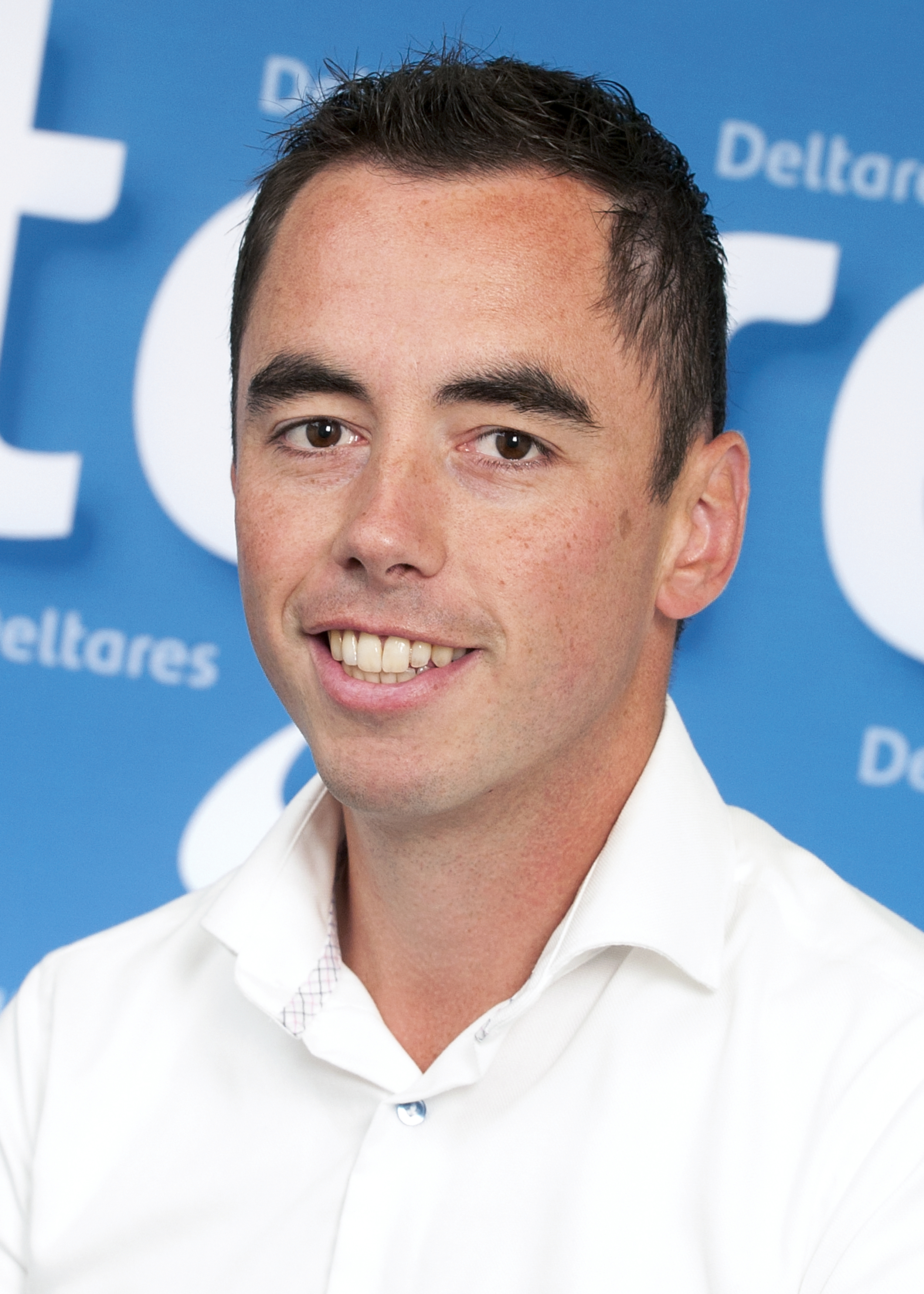Working towards resilient infrastructure networks
Service delivery by current infrastructure is under stress of intensifying use and change of use. In addition, parts of the infrastructure in the Netherlands is due for renovation or replacement and new infrastructure is constructed. Changing climatic conditions challenge us for coherent assessment of our infrastructure networks to identify vulnerabilities in the system and to take effective measures now and in the future. Deltares aims to assess and improve the resilience of infrastructure under extreme weather conditions and climate change.
Climate resilient networks
In 2021 we worked on improvements of RA2CE (Resilience Assessment and Adaptation for Critical infrastructurE). RA2CE supports decisions on investments in infrastructure, based on direct and indirect costs and benefits. Similar methodologies are used for the project 'Climate Resilient Networks' for Rijkswaterstaat. This resulted in a policy agenda for a more resilient road network in the Netherlands. In the Dominican Republic our work has been implemented at the Ministry of Infrastructure and Water management, resulting in a selection of 130m mln euro’s worth of climate resilient measures. The tools that has been used in this project have the potential to be rolled out in other countries.
Improving navigability of waterways, locks and weirs
Together with SmartPort and other partners Deltares has worked on the digital twin waterway corridor of the Rhine. This platform simulates the interaction between ships, the waterway, the infrastructure and the logistics chain and leads to optimized transport under various climatic conditions. For the new sea lock at IJmuiden, Deltares investigated the forces on ships in the lock and the exchange of salt and fresh water in a scale model. In order to accommodate the growing vessels, the lock is one of the largest in the world with dimensions of over 500 m in length. The lock is officially opened in January 2022. Our activities result in improved navigability for weirs and increased availability of waterways for transport.

It's important to identify high-risk areas accurately. By combining large datasets such as OpenStreetMap with new computational techniques, we now have a method where you can analyse vulnerable clusters on both the global scale and the urban scale in a short time. We calculated and interpreted thousands of flood scenarios for the national roads in the Netherlands in just a short period of time for Rijkswaterstaat.'
Thomas Bles, an expert on climate-resilient networks at Deltares
Assessing embankment stability to increase rail traffic
ProRail aims to increase rail traffic to contribute to sustainable transport by enabling faster trains, higher frequencies and heavier trains. Increased traffic might affect the stability of soft soil rail embankments, however. Deltares supports ProRail by developing methods to estimate embankment stability for the whole network. Our results are currently used by engineering firms in network stability assessments with support of Deltares. This results in known vulnerable spots and effective adaptation measures. In the end, our work enables increased rail traffic.

'The dry summer of 2018 in the Netherlands neighbouring countries was a wake-up call for the inland shipping sector. Due to the low water, transporters could not load ships as heavily. With the Digital Twin Waterway Corridor, we are working together with partners to make the Rhine-Meuse corridor more future-proof'
Johan Boon, department head River dynamics and inland shipping at Deltares
Realizing impact
Deltares aims to improve infrastructure resilience and to embed transport infrastructure smartly and sustainably in the physical water & soil system. Through the involvement of end users from the start, we enable stakeholders to take decisions for resilient design, implementation and maintenance of infrastructure at minimal (societal) expenses.
External references

View SDGs
View Dutch missions
View Sendai Framework


